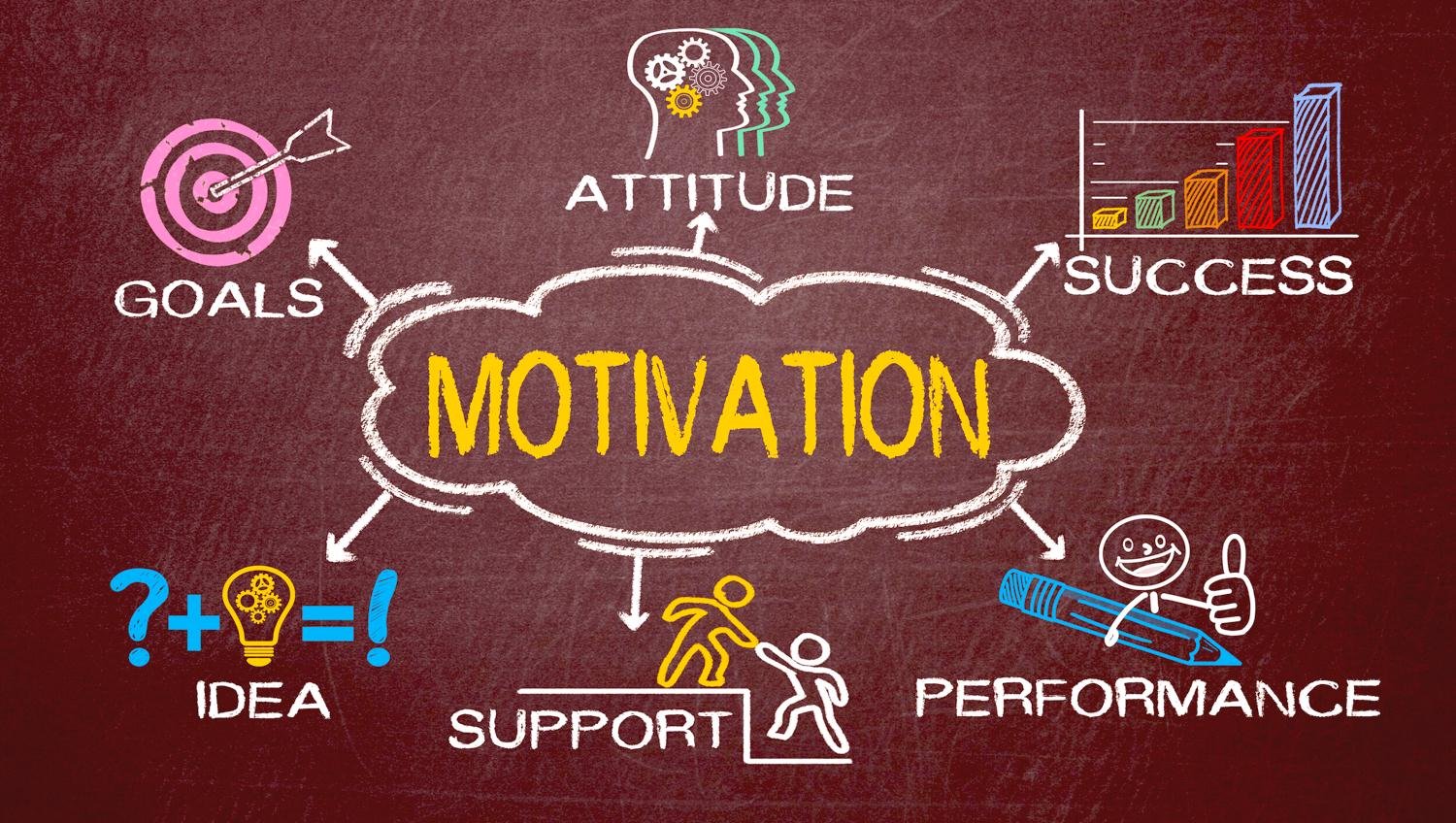Sleep and Success Why Students Need Better Rest
Sleep and success are deeply connected Discover why better rest boosts academic performance health and student success in this essential guide.

Sleep and success are undeniably linked, especially for students navigating the demands of academics, extracurriculars, and social life. In today’s fast-paced educational environment, many students sacrifice sleep to keep up with assignments, exams, and personal commitments, believing that more hours awake equate to greater productivity. However, research consistently proves that quality sleep is not just beneficial it is essential for memory retention, cognitive function, emotional stability, and overall well-being. Without adequate rest, even the most dedicated students may find their performance, health, and motivation suffering. The mental health implications are equally concerning, with sleep-deprived students being more vulnerable to depression and anxiety disorders.
The connection between sleep and success is rooted in science. During sleep, the brain processes information, consolidates memories, and repairs itself all critical functions for learning and problem-solving. Yet, studies show that a staggering number of students are chronically sleep-deprived, leading to decreased focus, lower grades, and heightened stress levels. As academic pressures increase, understanding the role of sleep in achievement becomes more important than ever. This article explores why better rest is a cornerstone of student success and how prioritizing sleep can lead to improved academic outcomes, mental clarity, and long-term well-being.
Sleep and Success Why Students Need Better Rest
Memory Consolidation and Learning Enhancement
During sleep, the brain actively processes and stores information gathered throughout the day a critical function known as memory consolidation. Research shows that students who achieve sufficient sleep demonstrate better exam performance, stronger problem-solving Sleep and Success, and improved long-term retention of material. Deep sleep (slow-wave sleep) strengthens factual memory, while REM sleep enhances procedural learning, such as mastering new skills. Without adequate sleep, the brain struggles to encode and organize information efficiently, leading to weaker academic outcomes.
Cognitive Function and Brain Performance
REM sleep, the stage associated with dreaming, plays a vital role in creativity, complex reasoning, and emotional regulation. Students deprived of REM sleep often experience difficulties in concentration, logical analysis, and innovative thinking key components of academic Sleep and Success. Additionally, sleep deprivation negatively impacts the prefrontal cortex, the brain region responsible for decision-making, impulse control, and focus. Studies, including one from Harvard Medical School, reveal that sleep-deprived students exhibit slower reaction times, reduced attention spans, and poorer judgment compared to well-rested peers.
Physical Health and Academic Stamina
Beyond cognitive benefits, deep sleep supports physical recovery by repairing tissues, regulating hormones, and strengthening the immune system. Students who consistently get quality sleep are less likely to fall ill, miss classes, or suffer from chronic fatigue. Sleep and Success, sleep deprivation weakens immunity, increases stress hormones like cortisol, and raises the risk of burnout. A healthy sleep routine ensures students remain energized, resilient, and mentally sharp essential traits for sustained academic achievement.
The Consequences of Sleep Deprivation in Students
Many students believe that sacrificing sleep for extra study hours will improve their grades, but the opposite is often true. Sleep deprivation leads to Reduced Cognitive skill Lack of sleep impairs memory, attention, and problem-solving abilities. Emotional Instability Sleep-deprived students are more prone to stress, anxiety, and mood swings. Weakened Immune System Poor sleep increases susceptibility to illnesses, leading to more missed classes. Lower Academic Performance Sleep and Success show that students who sleep less than 7-8 hours per night have lower GPAs. Additionally, sleep deprivation increases the risk of long-term health issues such as obesity, diabetes, and cardiovascular diseases.
Why Do Students Struggle with Sleep
Academic Pressure
The relentless demands of academic life heavy coursework, tight deadlines, and competitive pressures often push students into late-night study sessions, sacrificing precious sleep in the process. Many believe burning the midnight oil is necessary to keep up, but this habit disrupts natural sleep cycles, leading to exhaustion, reduced focus, and diminished academic performance. Ironically, the very hours stolen from sleep to study often result in poorer retention and comprehension, creating a counterproductive Sleep and Success.
Technology Overuse
The glow of smartphones, laptops, and tablets before bedtime comes with hidden consequences. These devices emit blue light, which tricks the brain into suppressing melatonin the hormone that regulates our sleep-wake cycle. Studies show that just two hours of evening screen exposure can delay melatonin production by up to three hours, effectively pushing back our biological Sleep and Success. This artificial disruption explains why students scrolling through social media or finishing late-night assignments.
Irregular Schedules
The human body thrives on routine, yet many students unknowingly sabotage their sleep with erratic schedules. Pulling all-nighters during exam weeks followed by marathon weekend sleep-ins might feel restorative, but this inconsistency actually confuses the body’s internal Sleep and Success (circadian rhythm). Like a musician constantly changing tempo, these irregular sleep-wake patterns disrupt hormonal balance, energy levels, and cognitive function.
Poor Sleep Environment
The college sleep environment often becomes an obstacle course of disruptions. Thin dorm walls transform into amplifiers of late-night conversations and hallway noise, while aging mattresses offer little support for proper rest. Compounding these Sleep and Success, students frequently rely on caffeinated drinks to power through study sessions, not realizing that these stimulants can linger in their system for 6-8 hours. This trifecta of environmental and behavioral factors creates a perfect storm for restless nights, leaving students tossing.
Strategies for Better Sleep and Enhanced Success
To improve sleep quality, students should adopt the following habits Maintain a Consistent Sleep Schedule Going to bed and waking up at the same time every day regulates the body’s circadian rhythm. Limit Screen Time Before Bed Avoiding phones, Sleep and Success, and TVs at least an hour before sleep helps the brain wind down. Create a Restful Environment A dark, quiet, and cool room promotes deeper sleep. Practice Relaxation Techniques Meditation, deep breathing, and light stretching can reduce stress and improve sleep quality. Avoid Caffeine and Heavy Meals at Night Stimulants and large meals before bedtime disrupt sleep.
Read More: Top Educational Games That Improve Brain Function in Students
Conclusion
Sleep and success are fundamentally connected, and for students, prioritizing rest is not a luxury but a necessity for peak performance. As research clearly Sleep and Success, quality sleep enhances memory, sharpens focus, and boosts emotional resilience all critical factors in academic achievement. By adopting healthier sleep habits and recognizing the dangers of chronic sleep deprivation, students can unlock their full potential. The path to excellence isn’t paved with endless all-nighters but with balanced routines that value both hard work and proper rest.
Ultimately, redefining sleep and success as complementary rather than competing priorities can transform student performance and well-being. Schools, parents, and students themselves must work together to foster a culture where adequate rest is seen as essential to learning, not a sign of laziness. When students sleep better, they think clearer, perform stronger, and thrive in all aspects of life. The choice is clear: for lasting achievement and a healthier future, better sleep must become non-negotiable.
FAQs
How many hours of sleep do students need?
Most students require 7-9 hours of sleep per night for optimal cognitive function and health.
Can napping make up for lost sleep?
Short naps (20-30 minutes) can help with alertness, but they don’t fully compensate for inadequate nighttime sleep.
Does caffeine help with studying?
While caffeine may provide a temporary energy boost, it disrupts sleep quality and should be avoided before bedtime.
How does screen time affect sleep?
Blue light from screens suppresses melatonin, making it harder to fall asleep.
Can exercise improve sleep quality?
Yes, regular physical activity promotes deeper sleep, but intense workouts close to bedtime may have the opposite effect.







